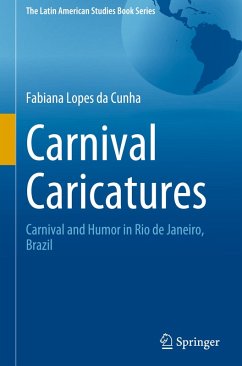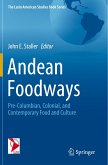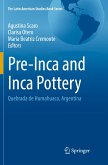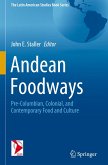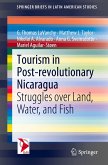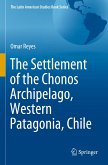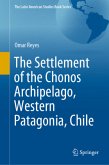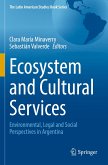This work analyzes carnival in Rio de Janeiro through the irreverent view disclosed by the illustrated Brazilian magazines Fon-Fon! and Careta. For such purpose, texts and illustrations elaborated by great names in caricature and literature were used, as well as by journalists who remained anonymous due to the fact that their chronicles and articles did not carry their signatures. The way in which carnival was dealt with in said publications, was intimately related to the world view which intellectuals enjoyed, the Belle Epoque, and to the readers of these magazines: the urban middle classes and part of the elite. To understand both the view and the type of humoristic approach used, songs and the works of chronicle writers, memorialists and historians who worked on the theme were also investigated. At the end, what could be verified through the study of these publications was the importance that carnival enjoyed in the lives of those men of letters and brushes, and how relevant was the counterpart which they made possible not only to readers, but also to us, historians.
Through these publications, it is possible to redeem and reconstruct part of the history of carnival as well as understand the context of the period, political problems, stylishness, innovations and changes in the lives of Rio de Janeiro (carioca) dwellers. So much attention to the theme from the illustrated press denotes the importance of carnival to the financial health of newspaper companies, since the subject and its well-humored approach pleased readers, besides showing that not only did those writers and artists write about the festivities in an irreverent manner, but they also actively participated in them as carnival merrymakers, and therefore they were, themselves, artificers of that history.
Hinweis: Dieser Artikel kann nur an eine deutsche Lieferadresse ausgeliefert werden.
Through these publications, it is possible to redeem and reconstruct part of the history of carnival as well as understand the context of the period, political problems, stylishness, innovations and changes in the lives of Rio de Janeiro (carioca) dwellers. So much attention to the theme from the illustrated press denotes the importance of carnival to the financial health of newspaper companies, since the subject and its well-humored approach pleased readers, besides showing that not only did those writers and artists write about the festivities in an irreverent manner, but they also actively participated in them as carnival merrymakers, and therefore they were, themselves, artificers of that history.
Hinweis: Dieser Artikel kann nur an eine deutsche Lieferadresse ausgeliefert werden.

